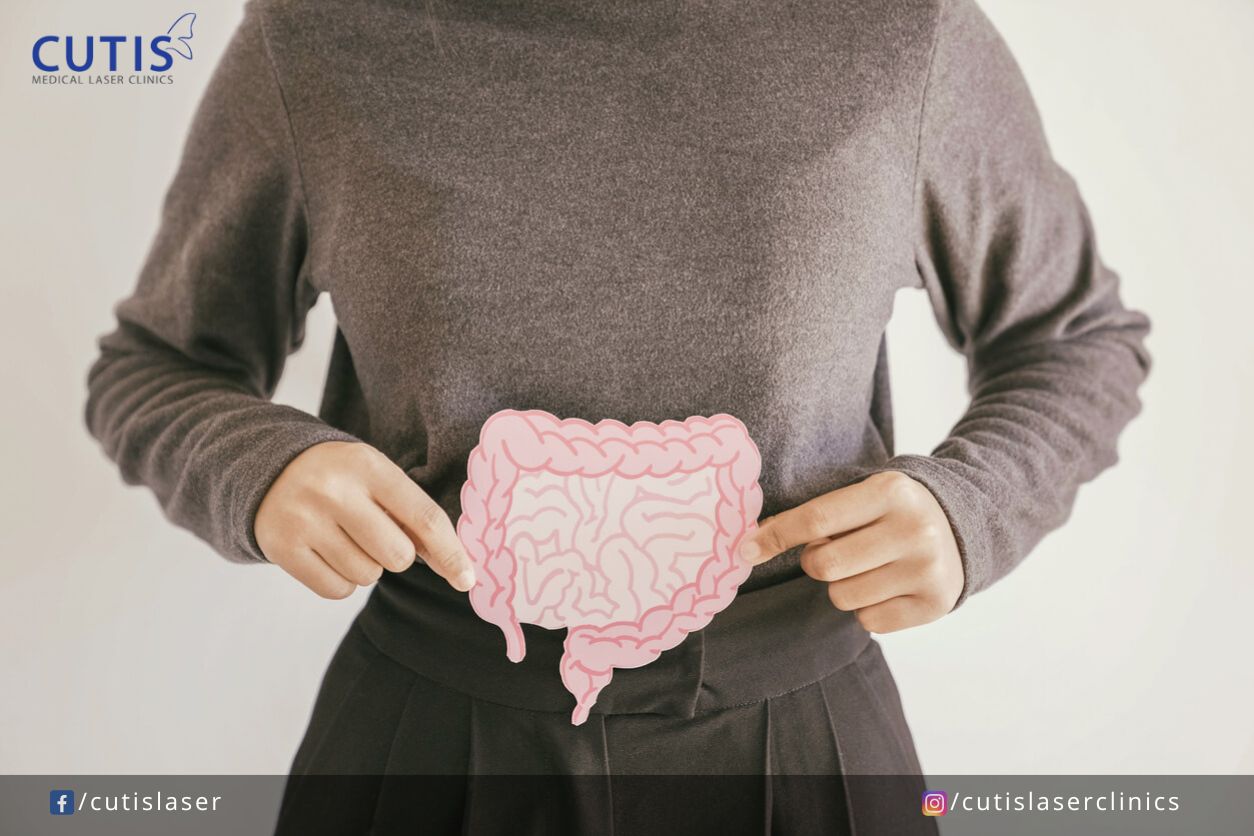Table of ContentsWhat the study involvesThe behavioral test and altruistic punishmentBehavioral and biological changesWhat compromises gut healthHow RESTORE helps reclaim the gut |
We all have made a decision or two by trusting our gut or instincts. Now, a recent study is suggesting that the gut microbiome could influence decision-making, particularly the way we treat others or our sensitivity to fairness. Changes in the gut microbiome, according to the study, could alter people’s decisions in a typical social dilemma.

What the study involves
To find out how the composition of the microbiome affects decision-making, researchers from the business school INSEAD, Fontainebleau, France; the Brain Institute; and the University of Bonn, Bonn conducted a study. It involved 101 healthy men; women were not included because of the hormonal factors needed in decision-making.
Half of the male participants received a mixture of prebiotics and probiotics while the other received a placebo for seven weeks. Then, the researchers analyzed their gut microbiome at the start and end of the study, as well as conducted behavioral tests. The findings are published in the PNAS Nexus.
The behavioral test and altruistic punishment
The male subjects were then asked to participate in the behavioral tests before and after receiving supplementation. This includes the “ultimatum game” a test in which a player is given a sum of money that he must divide (fairly or not) with a second player.
The second player can accept the offer or reject it if deemed unfair or insufficient. In the latter case, no one receives any money. Refusing money is called altruistic punishment, which refers to individuals shouldering a punishment even though it costs them and has no material gain. Second players forgo their share of money as a way to punish the other player’s lack of fairness.
Behavioral and biological changes
According to the study, the group/participants that received supplementation were more inclined to reject the unequal offers (even with a slight imbalance) at the end of seven weeks. The same behavior is also seen in the placebo group during the first and second test sessions.
The researchers, furthermore, noted behavioral changes in the group that received the supplements. Those who had the greatest imbalance between the two types of bacteria dominating the gut flora at the start of the study saw significant changes in their gut microbiome composition with supplementation. These participants also displayed the greatest sensitivity in fairness during the test.
There was also a decline in the levels of tyrosine, a dopamine precursor after seven weeks of receiving the supplements. It is then suggested that the gut microbiota’s composition could affect social behavior via dopamine precursors, which are involved in brain reward mechanisms.
Further research, of course, is needed due to the limitations of the study. The participants were only men and the focus was more on the biological and behavioral levels. The psychological levels were not explored.
What compromises gut health
Several factors such as a diet high in sugar and processed foods, unmanaged stress, and painkillers (non-steroidal anti-inflammatory drugs or NSAIDs) can compromise the gut microbiome, leading to unwanted side effects.
Prolonged and improper use of antibiotics, which is on the increase, has the same effect and can lead to antibiotics-related diarrhea. As antibiotics can kill both good and bad bacteria, they can reduce the gut flora diversity and cause lasting changes in the gut flora.
How RESTORE helps reclaim the gut
RESTORE can help counteract the side effects caused by the use of antibiotics. This probiotic solution, developed by a Singapore-based gut microbiome company, is specifically formulated to restore gut health and function during and after a course of antibiotics. It can help reduce bloating, abdominal pain, indigestion, and antibiotics-related diarrhea.
During and after a completion of a course of antibiotics, RESTORE helps reduce damage to the gut flora by:
- Restoring gut microbiome
- Promoting the growth of beneficial bacteria
- Delivering beneficial active ingredients further into the gastrointestinal tract
- Providing psychological benefits for wellbeing
Reach out to us
Contact Cutis Medical Laser Clinics in Singapore and schedule a consultation with us to learn more about RESTORE and how it can benefit your gut health.
Sources:
https://academic.oup.com/pnasnexus/article/3/5/pgae166/7667795
https://www.medscape.com/viewarticle/intestinal-flora-could-affect-decision-making-2024a1000aci
- If you would like to be an informed patient, please contact us at +65-6801-4000 or
hello@cutislaserclinics.com. - Cutis Medical Laser Clinics, 9 Scotts Road Pacific Plaza, Scotts Medical Center #08-07, Singapore – 228210
+65-6801-4000 - hello@cutislaserclinics.com
